Technical competitions: What can organizers do to maximize their participants' benefits?

When we face a challenge we need to think in a different route in order to overcome this challenge. Egypt has a pool of NGOs, grants, government support and competitions that support young innovators who are willing to build a solution for the problems that face the society. The question is with all these resources whether organizations or financial, are we getting the expected outcome? and How can we help encourage more innovation among students and optimize their experience during the time of the competition or contest?
Technical competitions are one side of helping to take Egypt to the next step. For technology is one mean to make people’s life better. Engineering, science and computer science faculties graduate thousands of youth yearly. The past months witnessed several corporate, governmental and independent competitions, EgyptInnovate was there and tried to look for an answer to the following: What can the organizers add in the coming rounds? and what should they avoid? Here are some suggestions driven from our forecast with students, academia and competitions’ organizers.
1. The market and business aspect
Most technology competitions are opened for students to apply for their graduation project. Few competitions are open for postgraduate innovators. The requirements of most competitions are the team number, project description, and a project prototype. Some technical contests ask the candidates to write a paper on their invention. In all cases, the candidates are not exposed to the market needs. They can only speak about their project’s business aspect telling their audience how it works or how they managed to compile it and how the technical components are built up together.
“ As engineering students, we do not have the business background, people think we need money but intact we need business training as well in order to be able to forecast the market needs, and create a budget for our project.”, said Ahmed who exhibited his project at the Egyptian Engineering Day (EED). For these young innovators to take their projects to the next level they need to understand who are their target audience, who are their competitors? what is their business model? and how to create a business plan?
“Poorly written proposals and the lack of idea expression is something we are exposed to frequently”, said Ahmed Yasser, program coordinator of Youth Innovation Awards program (YIA) at Nahdet Elmahrousa. “ Participants are only able to describe the technical perspective of their projects and ideas” he continued.
2. Decentralized presence, outside Cairo.
Although there is a clear growth in the tech startups eco-system, most technical competitions are still centralized in Cairo. Students from different cities always find a way to apply, but looking at the ratios, we’ll still find that the majority of harvested ideas are from the capital. “Fetching ideas in southern Egypt and Delta, we always found valuable ideas that needed nourishing and mentoring to come up to life.”, Yasser explained.
3. Technical mentorship and fabrication
Although they are technical competitions, sometimes they lack technical mentorship. “ We are students of mechanical engineering, and our project requires a good knowledge of electronics, sometimes we need help with different engineering sectors, we try to consult older students, but they are not always available. It would be better if we were offered regular consultancy in other areas than our major.”, said Mona M., a junior mechanical engineering student.
She continues “moreover, as sophomores or even seniors we might need the knowledge of a mechanical engineering masters student in order to proceed with our project. That's why having access to technical mentors to guide us how to do it, or how to learn what's missing us is always a good idea. ”
On the technical side, participants might need things other than mentorship and money, “ As a team, we got a sponsorship offering to fabricate the micro-electronic-chip we were using in our project, this helped us a lot and gave us an edge to start our own business next or to approach investors. having a well fabricated and furnished prototype added value to what we were doing.” said Mostafa Radwan a Teaching Assistant at the faculty of Engineering, Cairo University.
Tell us if you participated in any technical competitions, and how did you find the organization, speakers, and participating projects?



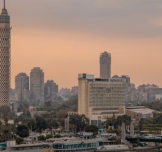









































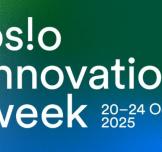







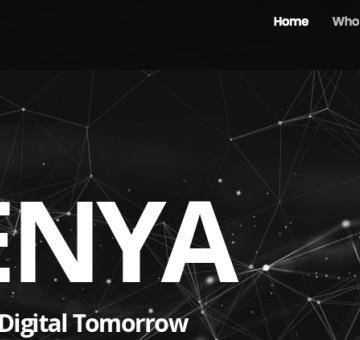


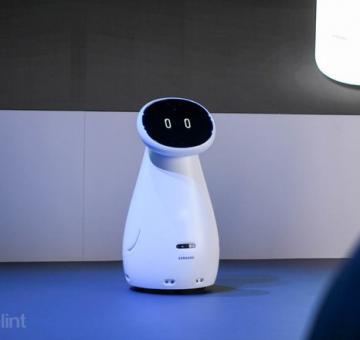




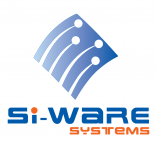






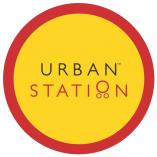

EgyptInnovate site is not responsible for the content of the comments